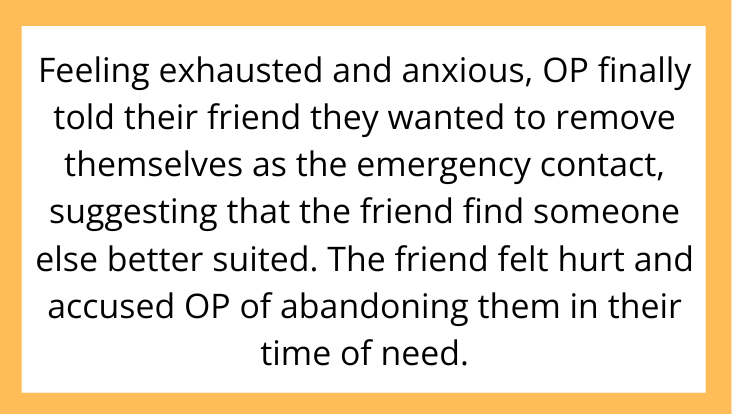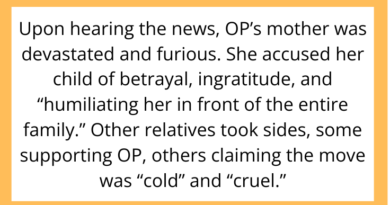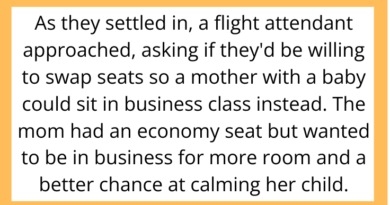AITAH for Telling My Friend I Don’t Want to Be Their Emergency Contact Anymore?
Being there for friends means a lot of things—support, understanding, sometimes even stepping up in emergencies. But what if that support starts to feel like a burden? Recently, a discussion on r/AITAH caught attention where someone asked if they were the bad person for telling their close friend they no longer wanted to be listed as their emergency contact.
In this blog post, we’ll explore the reasons behind such a difficult decision, how to balance friendship with personal boundaries, and why saying no doesn’t always make you the villain.
The Situation: When Support Becomes Overwhelming
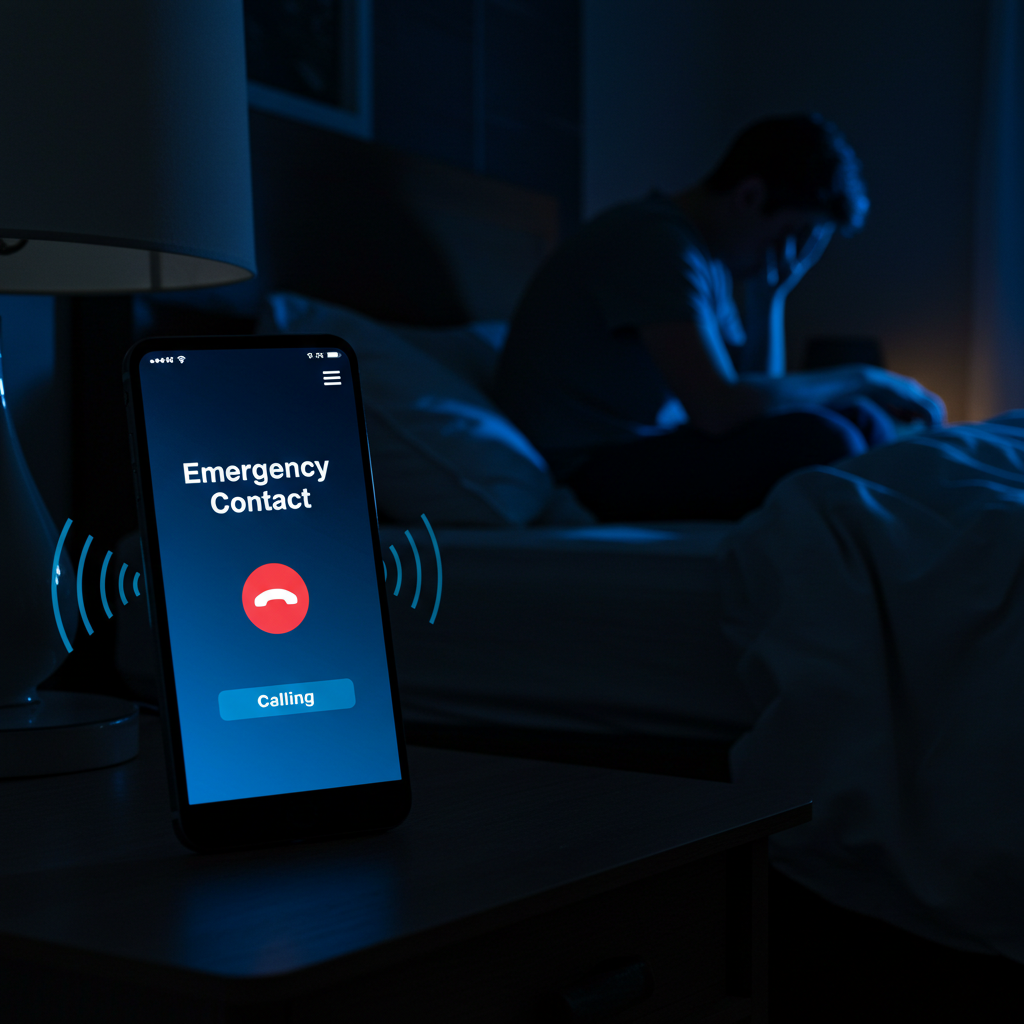
The original poster (OP) explained that for years, they had been their friend’s emergency contact—ready to be called at any hour and expected to drop everything to help. Over time, OP noticed the friend frequently got into risky situations or relied heavily on them for crises that could have been avoided.
Feeling exhausted and anxious, OP finally told their friend they wanted to remove themselves as the emergency contact, suggesting that the friend find someone else better suited. The friend felt hurt and accused OP of abandoning them in their time of need.
Was OP justified in protecting their own mental health, or did they cross a line in a friendship?
Why Setting Boundaries Is Important

It’s natural to want to help people we care about, but there’s a difference between supportive friendship and emotional burnout. Here’s why boundaries matter:
-
Personal well-being: Constant stress can affect your mental and physical health.
-
Sustainability: Relationships thrive when both sides respect limits.
-
Encouraging responsibility: Sometimes, stepping back helps others take ownership of their situations.
Saying no to being an emergency contact can be an act of self-care, not selfishness.
How to Communicate Difficult Decisions with Empathy

If you find yourself needing to say no, consider these approaches:
-
Be honest but gentle: Explain your feelings clearly without blame.
-
Suggest alternatives: Help your friend find other contacts or resources.
-
Reassure your care: Make it clear that you still value the friendship.
-
Set clear expectations: Define what support you’re willing and able to provide.
This helps reduce misunderstandings and preserves trust.
The Broader Lesson: Friendship and Limits
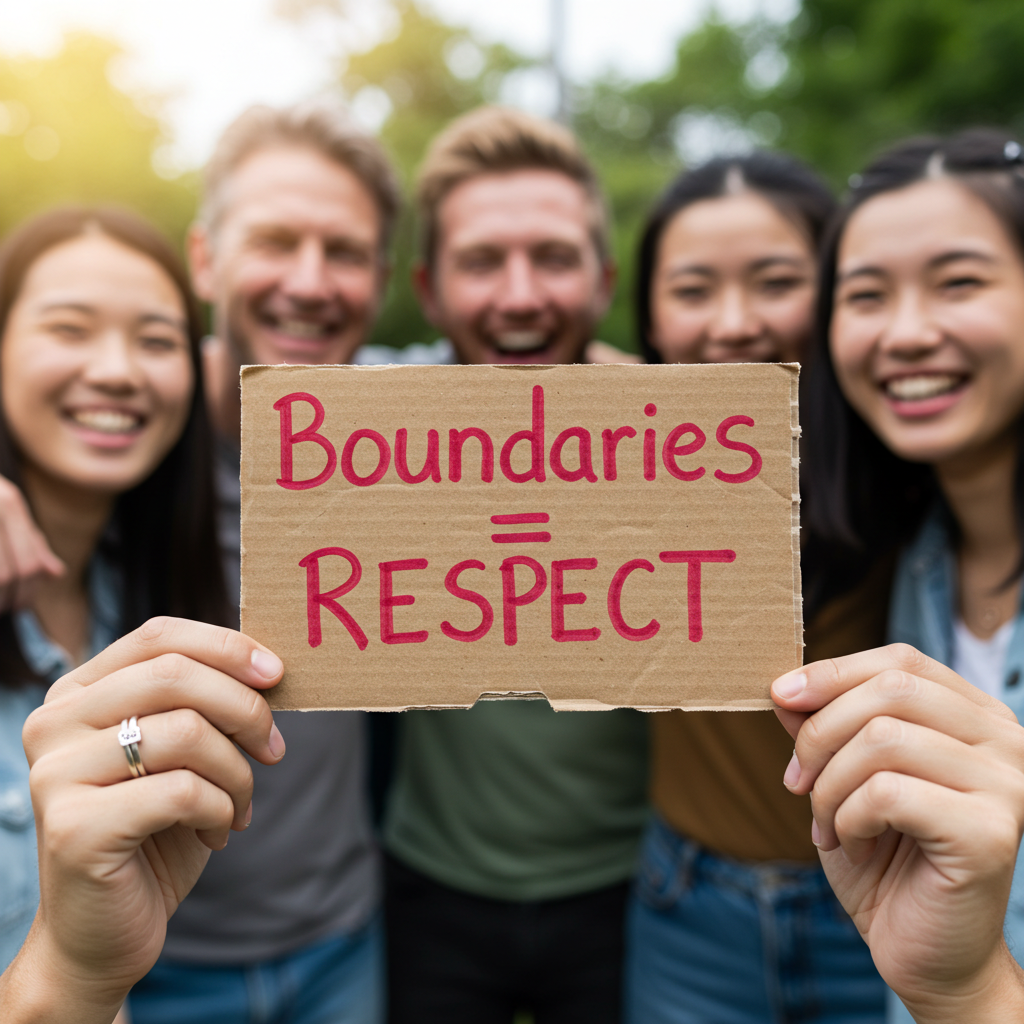
Friendships are about mutual respect. Protecting your boundaries doesn’t mean you don’t care—it means you care enough to be honest. In fact, healthy boundaries can make relationships stronger and more sustainable.
What Reddit Said

Most commenters supported OP, applauding their courage to prioritize mental health. Some, however, felt that being an emergency contact is part of being a close friend, especially during tough times. The consensus? It depends on the friendship dynamics, but communication is key.
Final Thoughts

You’re not a bad person for saying no when something negatively impacts your well-being. True friends will understand and respect your boundaries—even if it takes time.
